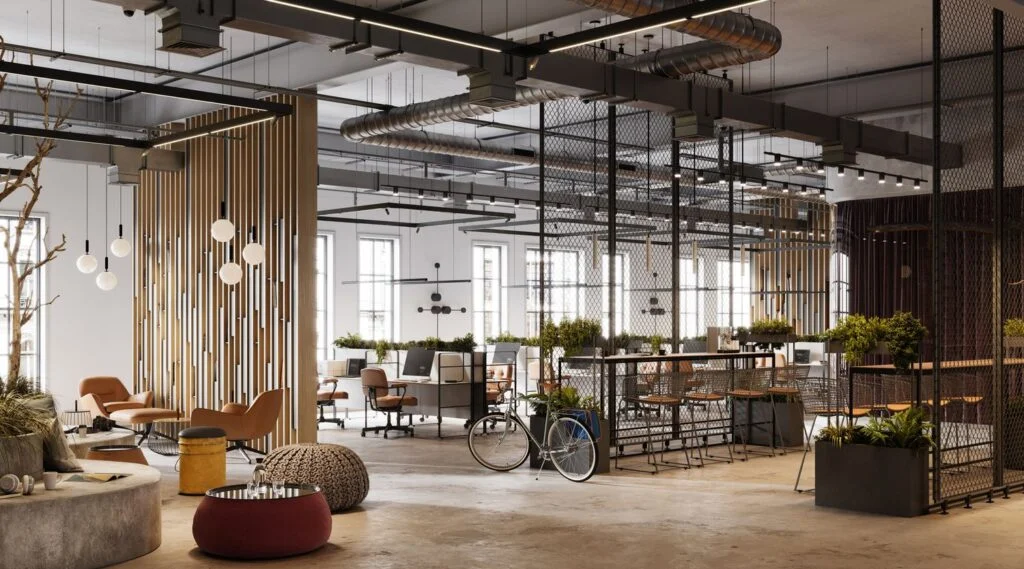09/02/2021
SMEs AND SUSTAINABILITY: A CLOSER RELATIONSHIP THAN IT APPEARS.

The concept of sustainability is often misunderstood, being limited to the environment. This imprecision distances SMEs from a concept that could form a natural part of their activity.
"Especially in ecology and economy, which can be maintained for a long time without depleting resources or causing serious damage to the environment." The Royal Academy dictionary defines the second meaning of the adjective sustainable as such, but the reality is that the business world has been broadening the focus for years. In the company today, sustainability not only refers to the environment, but also the more social impact of business work and good corporate governance practices. The sophistication of the concept fully reaches SMEs, the companies closest to local communities.
However, "it's not about reinventing the wheel, but rather asking yourself how you do your job, whatever it is that you do," says businesswoman Clara Arpa. The history of the company she runs, Arpa EMC, is a good example of how sustainability is also an issue for SMEs but is not necessarily linked to environmental impact. It was founded in La Muela (Zaragoza) in 1968, offering tents and temporary facilities for summer camps. From there the company began to diversify, building field kitchens for the army and later also growing in the health sector.
Since 2011, it has been run by the founder's daughter, Clara Arpa, who also heads the Spanish Global Compact Network, the multinational organisation that involves the private sector in meeting the Sustainable Development Goals (SDGs). Arpa EMC, whose equipment has been used in more than fifty countries, employs around eighty people and will end 2020 with a turnover of approximately twenty million euros. However, what distinguishes it most is its commitment to sustainability, ranging from the use of energy, to continuous training programs, plans against workplace harassment or the promotion of healthy habits.
IT WAS COMPLICATED TO GET PEOPLE OUT OF THEIR COMFORT ZONE; SUDDENLY YOU STOP TALKING ABOUT HOLIDAYS AND INCENTIVES AND START TALKING ABOUT STAKEHOLDERS AND SUSTAINABILITYCLARA ARPA, CEO OF ARPA EMC
The businesswoman says that making sustainability a cornerstone of the company about ten years ago was complicated. "We had to start from scratch," she recalls. We had to do a lot of educating internally: "It was difficult to get people out of their comfort zone," she notes, "because suddenly you go from talking about vacations and incentives to interest groups and sustainability.".
Sustainability, at the origin of the business
Established in 2017, the case of Crowdfarming is very different, as the concept of sustainability is the key to its business model. This family company from Bétera (Valencia), which employs 42 people, sells organic farming, products they grow and sell based on the orders they receive online, without resorting to intermediaries.
How does it work? Gonzalo Úrculo, who founded the company with his brother, explains the concept via mobile -"from the orchard, surrounded by grapefruit" and with some reception problems: "Faced with the concept of the consumer as an object to which something must be sold, we want them to participate in the process, personalising the purchase of food in some way." Each client asks for the specific seasonal product, identifying the producer. Úrculo assures that it is a response to “a revolution that is already taking place in the countryside: farmers are increasingly willing to sell directly, and consumers are increasingly demanding organic farming. The two ends of the chain are linking up."
Crowdfarming is committed to environmental sustainability, but not only that, explains Úrculo: “There is also economic sustainability, because the farmer can produce and plan without the intermediary setting the price at the end of the season, when all expenses have already been incurred. And in organic farming, every time you remove chemicals you are adding labour. The direct sale of organic products has a positive impact on local employment," he says.
Compared to some multinationals that “are always thinking about how to do more with fewer people, paying salaries gives small entrepreneurs a certain satisfaction,” says Úrculo, who worked in logistics before creating his company. "Nobody asks us
A seal to differentiate sustainable SMEs
“There are more and more consumers who want to create a positive impact with their purchases. And there are more and more workers who want to work for companies with values and goals”, says Gonzalo Úrculo. But this social demand can collide with the lack of information on the sustainability policies of each company.
To resolve this problem, Banco Santander has created a seal to rate the sustainability of companies with a turnover of up to 50 million, with the independent endorsement of AENOR. The aim is to help them obtain a rating that allows them to differentiate themselves from their clients and suppliers, public or private; and to structure, know and improve the information and the level of implementation of areas of sustainability that may be needed in certain public tenders.
The process of this first sustainability rating designed for SMEs is very simple and 100% digital. The tool allows small and medium-sized companies to assess their level of sustainability using a simple questionnaire, with questions on topics such as resource consumption, waste management, equal opportunities and opportunities for professional development. Once the questionnaire has been completed, the company receives an initial 'rating': beginner, basic, advanced or expert.
In addition, the company can obtain a personalised report with improvement plans and a guide to best practices. For the granting of the definitive sustainability rating, SMEs have the AENOR telematic audit at their disposal, which verifies the final level, with the option of obtaining a public distinction from the certificate.
This service is available as part of Santander One Empresas, the bank's new range of differential services and products, which also includes financial support and business guidance services, business management support, optimisation of relationships with suppliers and digitisation of payments, etc.
Share: